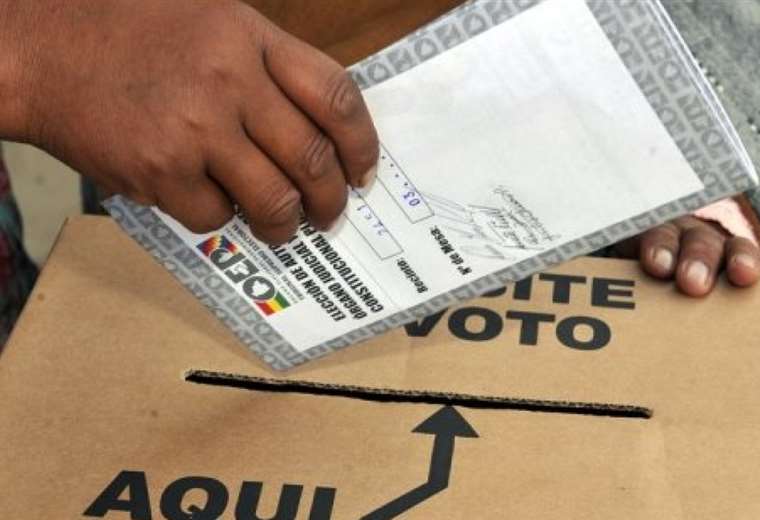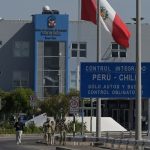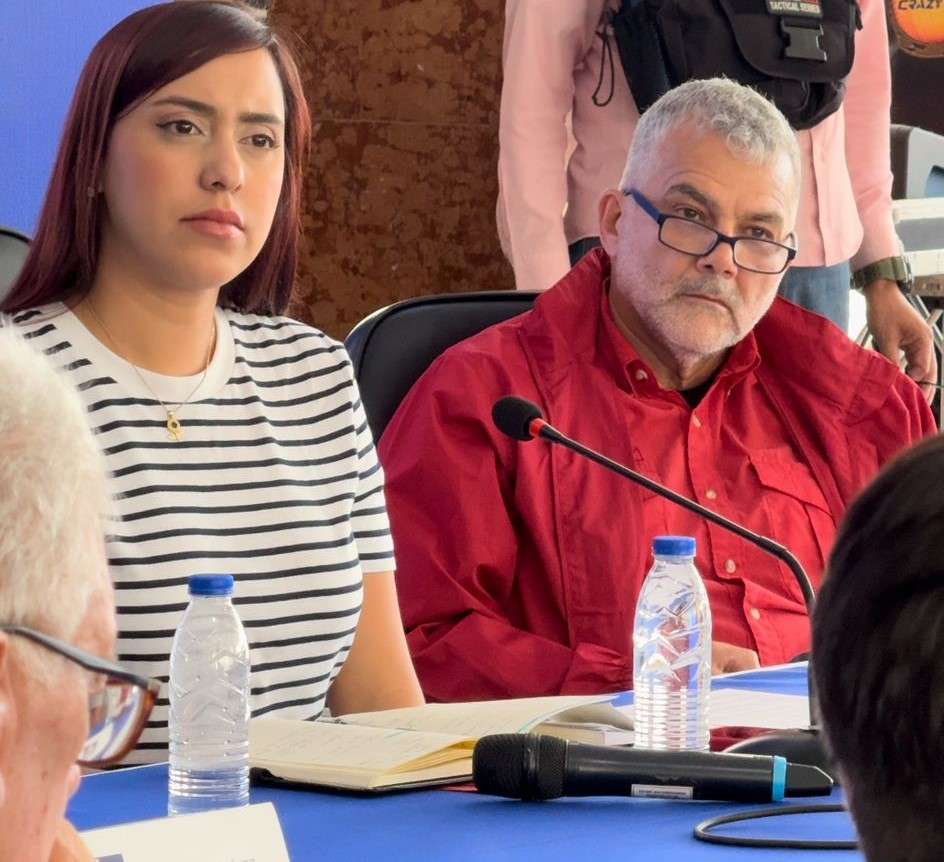The Supreme Electoral Court (TSE) of Bolivia decided this Thursday to postpone the judicial elections that were to be held on December 1 to the 15th of the same month due to the road blockades that the followers of former president Evo Morales (2006-2019) have maintained for some time. 18 days.
“The Plenary Chamber of the TSE has just decided that the judicial elections will be rescheduled for Sunday, December 15 due to the degree of conflict that the country is experiencing,” member Tahuichi Tahuichi Quispe told EFE.
The member pointed out that the electoral body finds it “impossible” to carry out the necessary deployment due to the blockades since there are “logistical difficulties” to continue normally with the organization of the process.
However, Tahuichi Quispe avoided referring to whether it is a definitive change of date, in case the social situation in the country worsens in the coming days.
Sectors loyal to Morales have maintained a road blockade for 18 days in which they ask that the Government lift judicial proceedings against the former president for rape and human trafficking, which they consider to be political persecution.
They also demand solutions to the country’s economic situation and respect for a congress of the Movement towards Socialism (MAS) that was held last year, in which Morales’ supporters proclaimed him as the “sole candidate” for the 2025 presidential elections. .
In the next judicial elections, 7.3 million voters will elect the judges of the Supreme Court of Justice (TSJ), the Plurinational Constitutional Court (TCP), the Agro-Environmental Court and the Judicial Council.
The Constitution, in force since 2009, establishes the election by popular vote of the judges of the main courts of the country, previously selected by the Legislature, for a term of six years.
In the judicial elections of 2011 and 2017, the majority of voters voted null and void in rejection of the processes, considering them manipulated by the legislative majority of the ruling MAS in which judges related to the ruling party could be elected.
The new judicial elections were to be held in 2023, but they did not prosper due to the differences between the ruling party and the opposition, as well as the legal appeals that were presented and which forced the call to go back to zero several times.
Last December, the TCP magistrates extended their own mandate and that of the judges of the other courts, claiming that in this way they avoided a “vacuum of power” until new elections are held, since their mandate ended in the first days of this anus.
The extension of the judges’ mandate generated protests from the opposition and the ruling sector of the MAS that supports former President Evo Morales (2006-2019), who blocked roads asking for the resignation of the judges, something that ultimately did not happen.
















